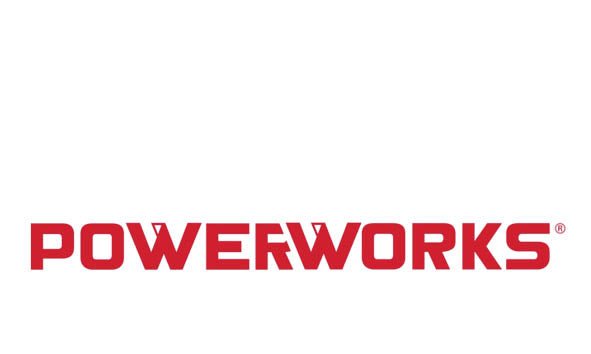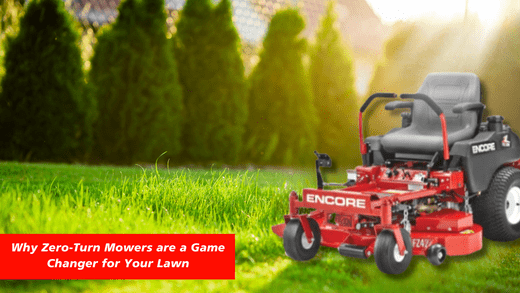Choosing The Right Generator
In an increasingly digital and energy-dependent world, having a reliable power source is essential. Whether you're facing a sudden power outage, planning outdoor events, or need a backup for your business operations, a generator can be a lifesaver. However, with various types, sizes, and features available, selecting the right generator can be a daunting task. This guide will walk you through the important considerations to help you make an informed decision that suits your needs.
Determine Your Power Requirements
The first step in choosing the right generator is to assess your power needs. Make a list of all the devices and appliances you would want to run during a power outage. Note down their wattage requirements, which can usually be found on the manufacturer's label or user manual. Sum up these wattages to estimate the total power capacity your generator needs to provide.
Choose the Right Type of Generator
While you can get more permanent generators for your home, we stock portable generators as they are versatile and suitable for temporary power needs. They're great for outdoor activities and can provide power to a few essential appliances during an outage. Choose a portable generator based on the wattage you calculated earlier.
Consider Run Time
The run time of a generator refers to how long it can operate on a single tank of fuel at a specific load. Make sure to choose a generator with an adequate run time, especially if you expect longer power outages. Our generators have up to 20L tanks, which is around 20 hours of run time, meaning a long-lasting tank.
Noise Level
Generators can be noisy, which might be a concern if you're using them in residential areas or during events. Look for generators that offer lower noise levels (measured in decibels) without compromising on performance.
Voltage Stability and Quality
The quality of power generated by a generator is crucial, especially for sensitive electronics. Look for generators with features like Automatic Voltage Regulation (AVR) or Inverter Technology, which ensure a stable and clean power output, protecting your devices from voltage fluctuations and surges.
Portability and Storage
For portable generators, consider factors like weight, size, and portability. Wheels and handles can make transportation easier. Also, think about where you'll store the generator when not in use, ensuring it's protected from the elements.
Budget and Quality
Generators come in a wide price range. While it's tempting to opt for a cheaper option, prioritize quality and reliability. A well-built generator might cost more upfront but will likely provide better performance and last longer in the long run.
Maintenance and Service
Regular maintenance is essential to keep your generator in good working condition. Check the manufacturer's recommendations for maintenance intervals and see if there are service centers or technicians available in your area to provide maintenance and repairs when needed.
Choosing the right generator involves careful consideration of your power needs, fuel preferences, run time, noise level, voltage stability, and other factors. By following these guidelines and conducting thorough research, you can make an informed decision that ensures you have a reliable power source whenever you need it. Whether it's for emergency backup or recreational activities, a generator can be a valuable addition to your toolkit, providing peace of mind and convenience. Our full generator range is back in stock, so if you're after more help, get in touch!




















Leave a comment